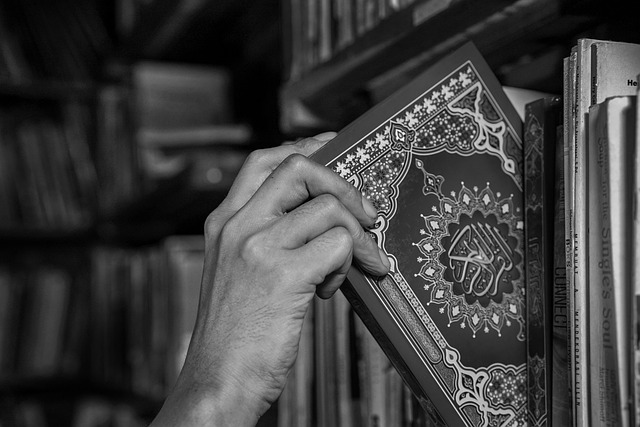When we talk about Islam, most people immediately think about prayer, fasting, or charity. But one often-overlooked teaching of Islam is the responsibility of protecting the environment. Allah has created the earth as a trust (amanah) for human beings, and we are commanded to care for it, not abuse it. From the Qur’an to the sayings of the Prophet Muhammad (ﷺ), Islam reminds us that looking after nature is part of our faith.
The Earth as a Blessing from Allah
Everything around us the air we breathe, the water we drink, the trees, animals, and even the smallest plants is a blessing from Allah. In the Qur’an, Allah says: “It is He who has made you successors upon the earth.” (Surah Fatir 35:39). This means that we are not owners of the earth but caretakers. Just like a borrowed item must be returned in good condition, the earth should be preserved for future generations.
Wasting is Forbidden
One of the key principles in Islam is avoiding waste. The Qur’an says: “Indeed, the wasteful are brothers of the devils.” (Surah Al-Isra 17:27). This applies not only to food but also to water, electricity, and all resources. The Prophet (ﷺ) even warned against wasting water while performing ablution, teaching us that conservation is a form of worship. Imagine even while preparing for prayer, we are taught to respect nature.
Planting Trees and Caring for Animals
The Prophet Muhammad (ﷺ) gave great importance to planting trees. He said: “If a Muslim plants a tree or sows seeds, and then a bird, or a person, or an animal eats from it, it is regarded as a charitable gift.” This means that every tree planted is an act of ongoing charity (sadaqah jariyah). Similarly, the Prophet (ﷺ) was gentle with animals, warning against cruelty and teaching kindness. Feeding animals, providing them water, and protecting them from harm are also ways of earning Allah’s pleasure.
Pollution and Modern Challenges
Today, the world faces serious environmental problems pollution, deforestation, and climate change. These issues are often caused by human greed and carelessness. Islam warns us against spreading corruption on earth. The Qur’an says: “Do not cause corruption upon the earth after it has been set in order.” (Surah Al-A’raf 7:56). Throwing garbage in streets, wasting plastic, or destroying nature for profit are modern forms of corruption that go against Islamic teachings.
Small Actions, Big Rewards
Caring for the environment does not always require big projects. Small actions in daily life can make a huge difference. Using less plastic, saving electricity, planting a tree, keeping streets clean, or even recycling are all acts of worship if done with the intention of pleasing Allah. Islam encourages believers to live simply and responsibly, not to overconsume or exploit resources.
Teaching the Next Generation
One of the most important responsibilities is teaching children about environmental care. Just as we guide them in prayer and manners, we should also teach them to respect animals, save water, and protect nature. When these values are instilled at a young age, they grow up as Muslims who see the environment not just as a resource but as a trust from Allah.
Conclusion
Islam beautifully connects faith with responsibility towards the world around us. Protecting the environment is not separate from worship it is part of it. Every drop of water saved, every tree planted, and every act of kindness towards animals is recorded as a good deed. As Muslims, we should remember that the earth is a blessing and a trust. By caring for it, we not only protect our planet but also earn the pleasure of Allah.

